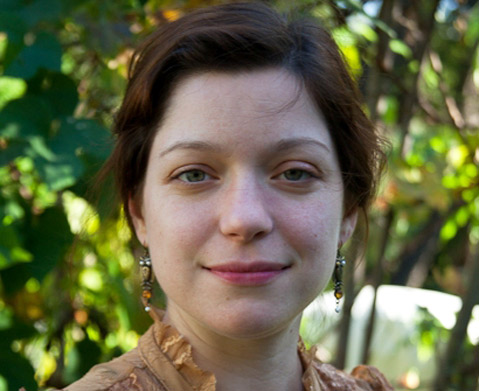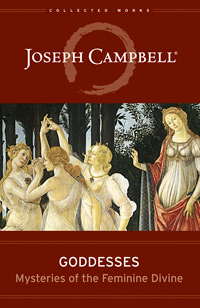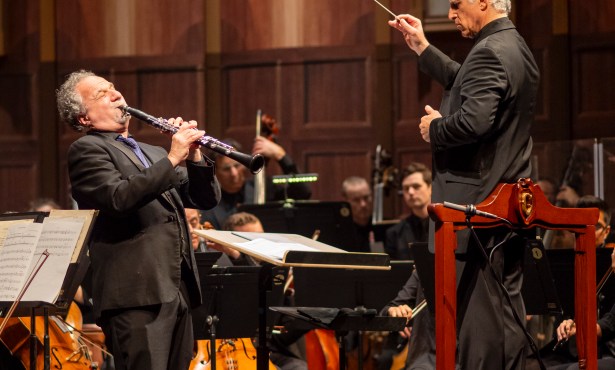New Joseph Campbell Book on Goddess Myths
Goddesses Reveals Campbell’s Interest in Feminine Mythology

Most of us have heard of the hero’s journey: a narrative in which a male character embarks on a mission, facing great dangers before he can return. This story, shared across cultures and eras, was popularized by mythologist Joseph Campbell in his 1949 text, The Hero with A Thousand Faces. From Buddha to Odysseus to Luke Skywalker, Campbell charted the phases of this “monomyth,” shedding light on the spiritual core of a life journey. Today, Campbell’s name is synonymous with studies of the archetypal male, yet the masculine is only one side of the story.

Published earlier this month by New World Library, Goddesses: Mysteries of the Feminine Divine illuminates the other side, drawing together Campbell’s previously unpublished scholarship on feminine mythology. The book is edited by Safron Rossi, curator of collections at OPUS Archives & Research Center, which holds Campbell’s complete library and manuscript collection, along with the work of such luminary scholars as Marija Gimbutas and James Hillman. Since its inception in 1989, OPUS has been based in Carpinteria, California, on the campuses of Pacifica Graduate Institute.
Rossi earned her PhD in Mythological Studies at Pacifica and now serves as a member of the core faculty. She sees the book as a chance to educate the public about Campbell’s lifelong interest in the story of woman.
“Campbell is known for tracking the development of the masculine story,” Rossi explained over the phone last week, “yet he made a parallel exploration of the female image. It just happened that he didn’t write a definitive work that had a feminine focus.”
To research the book, Rossi dug deep into the Campbell archives, searching through reams of notes, early drafts of books, correspondence, and audiocassettes. She discovered a series of lectures on goddess mythology that Campbell had given between the 1960s and 1980s. As she listened, she realized that Campbell had accompanied his talks with slides, drawing on images from ancient art and architecture from the Paleolithic to the Renaissance era. In Goddesses, Rossi draws together text and images from these original lectures, weaving them with other writings from the archives to offer a new perspective on Campbell’s scholarship and interests.
“I think the book shows that Campbell spent a lot of deep thought and time on feminine mythologies,” Rossi noted. “He considered the significance and the role of goddesses in various mythologies and also their repression in traditions such as the Judeo-Christian, where we have a single male god and no female presence at all.”
Though there were two previous attempts to collect Campbell’s writings on the goddess, both were unsuccessful; Rossi credits her familiarity with the OPUS collection with her success. It’s also clear she’s passionate about her subject. As we spoke, she likened listening to endless hours of Campbell’s lectures to “being at a Grateful Dead concert,” cheerfully recounted the myth of Demeter and Persephone to illustrate the importance of the underworld in the feminine heroic journey, and referred to Katniss Everdeen — the young female protagonist of Suzanne Collins’s wildly popular trilogy The Hunger Games — as a modern day heroine.
“Like Persephone, Katniss enters into a kind of nightmare underworld,” Rossi said. “The other piece about Katniss’s character that’s parallel to goddess mythologies is the importance of relationship. Even in a situation of trauma and suffering, she has the capacity for relatedness and compassion.”
As she described the shared aspects of goddess myths across cultures and eras, Rossi could well have been describing any contemporary woman. “Many times in our lives, our role shifts — say from daughter to wife to parent,” she noted. “We experience a transformation in terms of our identity, and part of us has to die in order that part of us can live. These feminine myths are about the transformation of life.”
4•1•1
On Wednesday, January 22, 4-6pm, Safron Rossi will hold a free, public book reception for Goddesses at OPUS, located on Pacifica’s Ladera Lane Campus (801 Ladera Ln.). Copies of the book will be available for purchase. To learn more about OPUS, visit opusarchives.org.



